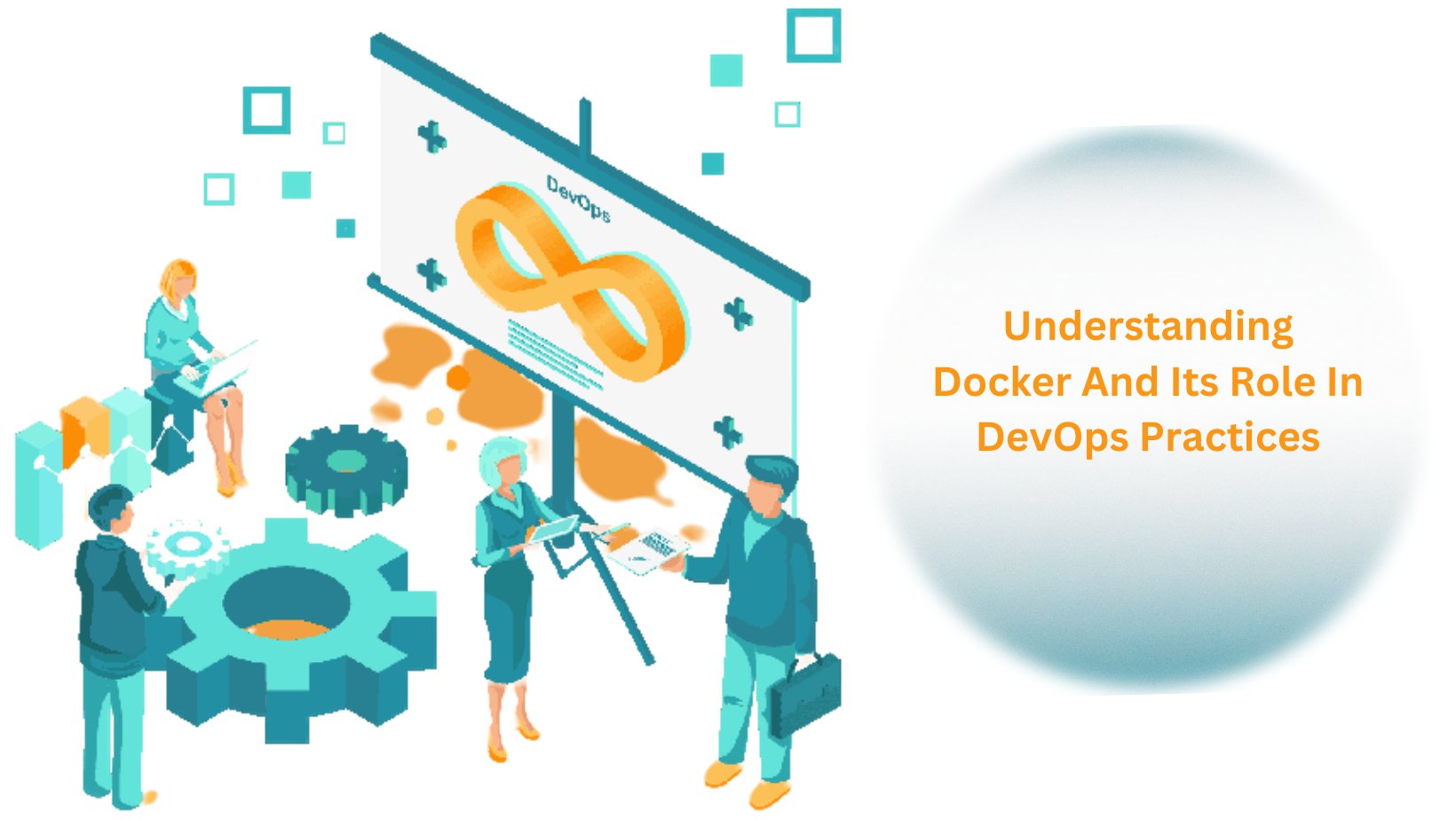Understanding Docker And Its Role In DevOps Practices
Docker is an open source platform that simplifies the development, shipping, and running of applications. It offers advantages such as speed, scalability, and portability in terms of DevOps practices.

What Is Docker In DevOps?
Docker is an open source platform that simplifies the development, shipping, and running of applications. It offers advantages such as speed, scalability, and portability in terms of DevOps practices. In this article, we'll take a look at what Docker is in DevOps and how it works to manage the lifecycle of an application. We'll also discuss factors to consider when deploying a dockerized application and security measures that should be taken when using Docker. Finally, we will cover best practices for maintaining Docker containers and applications as part of DevOps practices.
Understanding Docker And Its Role In DevOps Practices
At its core, Docker is a containerization platform that enables developers to build reusable components known as "containers". Containers provide an isolated environment with all the necessary tools and libraries needed for seamless collaboration between teams, making it easy for developers to package up their code into portable images which can be used across multiple machines or platforms with ease. This makes continuous integration (CI) and delivery (CD) much simpler than before. Kelly Technologies DevOps Training in Hyderabad is a one-stop destination for all aspiring professionals who wish to gain expertise in the domain.
Once you have deployed your dockerized applications, certain best practices should be followed in order to maintain them effectively. Periodic updates should be applied on both the host machine operating system (OS) kernel version and containers' software packages and libraries installed inside containers. Log files must be monitored regularly for any anomalies and errors reported by applications running inside containers. Audit logs must be reviewed periodically and kept safe from unauthorized access, and track of changes made over time should be kept so that old versions can always be reverted back if required. Finally, APIs provided by image registries like Amazon ECR or Google Container Registry should be used when dealing with sensitive information like secrets stored within images deployed on cloud infrastructure services such as Amazon EC2 instances or Google Compute Engine instances.
In addition to all these benefits mentioned above, using Docker within DevOps practice also opens up opportunities for career paths apart from system engineers and traditional operations roles. These include specialist roles related specifically around managing container environments, product developers, automation engineers, and data scientists. As companies move towards embracing modern technology trends like microservices architecture, managing container clusters becomes increasingly important. Therefore, having some understanding about working with technologies related to building and managing container clusters becomes more essential than ever before.
Managing Containers With Docker In DevOps
DevOps is a term used to describe how developers and operations teams can work together seamlessly in order to deliver software faster. The use of Docker in DevOps has been steadily increasing, due to its ability to quickly deploy applications and provide isolation between different components. In this article, we'll explore what Docker is in DevOps, how it works, the benefits of using Docker in DevOps, as well as some use cases and career opportunities.
To begin with, it's important to understand containerization and its benefits. Containerization is a process that enables developers to package their application into an isolated environment that can be easily managed across multiple platforms or environments. This process makes it easier for developers to scale their applications without worrying about compatibility issues or infrastructure dependencies.
Now let's look at how Docker works: The main component of the system consists of "containers," which are small isolated units within memory that contain all the necessary files required by an application to run properly on any platform or environment they're deployed on - from simple web servers all the way up to complex distributed systems consisting of hundreds if not thousands of services working together harmoniously! Another key feature provided by Docker is its ability to create snapshots (or backups) so that previous versions can be restored easily if something goes wrong with your deployment process - making rollbacks much simpler than with traditional methods such as VMs!
Finally, there are numerous benefits of using Docker in DevOps ranging from improved scalability performance (due isolation capabilities offered via cgroups namespaces mentioned earlier!) increased security levels thanks to strong sandboxing mechanisms put in place to ensure malicious content doesn’t affect the rest of the system while offering enough flexibility to modify settings accordingly for each particular deployment requirement as needed down the line. Not to forget to mention though, the career path revolves around learning and mastering Docker technology, lucrative rewards come to those who choose to specialize in the field. Given the rise in popularity in recent years and continued growth in the industry sector, the foreseeable future looks bright indeed for those wanting to take the plunge and dive deep into the thriving world of DevOps.


 kumarrajay.me@gmail.com
kumarrajay.me@gmail.com 









